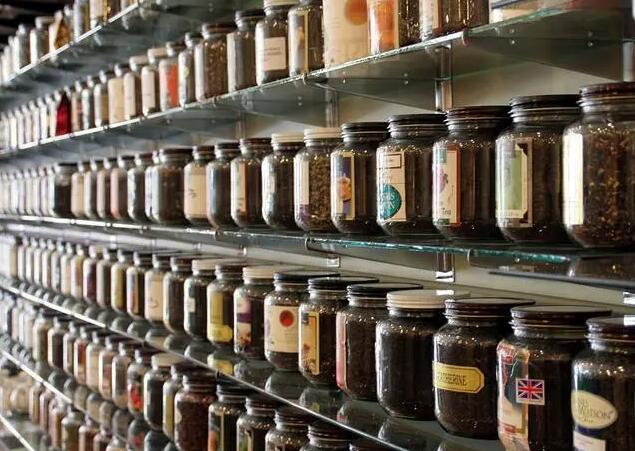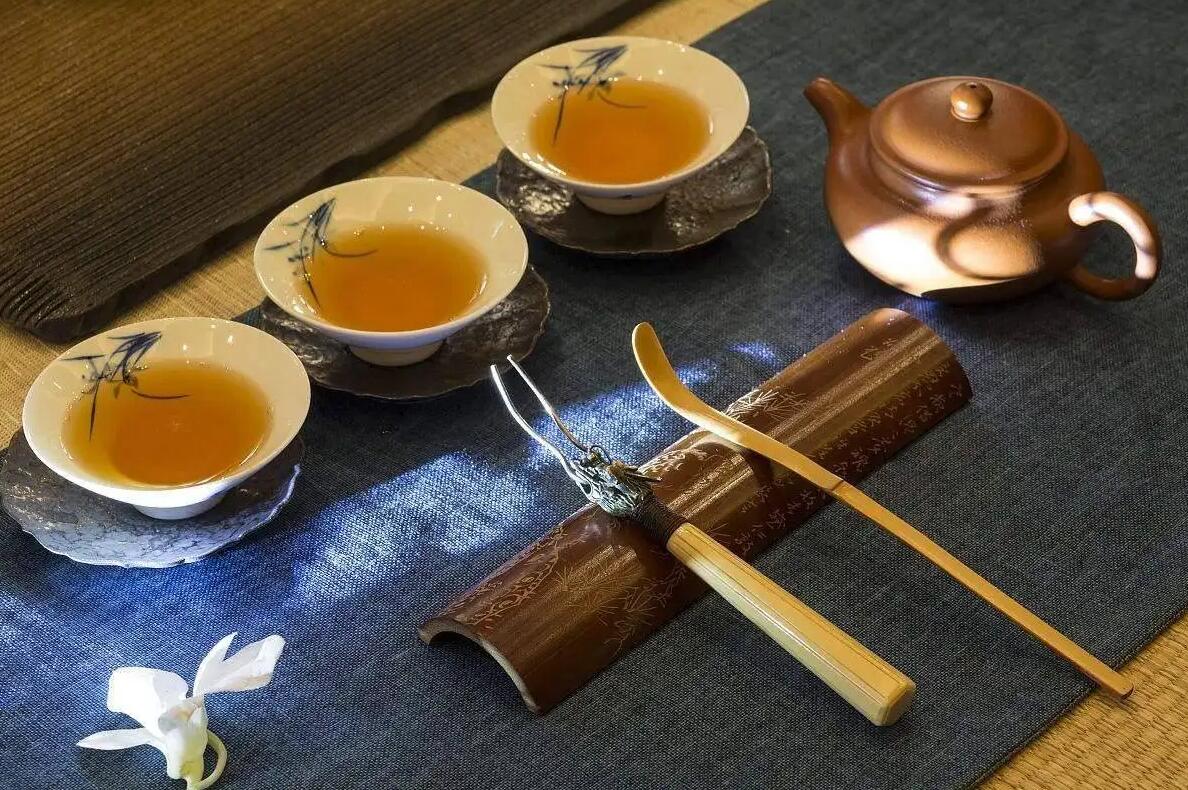For those people who wish to avoid the intake of caffeine, decaffeinated teas are an option. It is only since the 1980s that improvements in production technology have resulted in this product being widely available.
Three methods of decaffeination are used around the world and there is still some debate among scientists and decaffeinated tea manufacturers as to which is best from both health and economic viewpoints. Research is ongoing and continual advances are resulting in better quality products.
Carbon dioxide
An organic solvent, it is cheap, easy to remove from the product after decaffeination, and is physiologically harmless in small quantities.
Methylene chloride
This is the most popular solvent for decaffeinating both tea and coffee, is reasonably priced, and is easily removed from the product after decaffeination. A legal limit of five parts per million is placed on residual traces in the tea and the U.S. bans all imports using methylene chloride.
Ethyl acetate
This is reasonably priced but is difficult to remove from the product after decaffeination. Small traces of ethyl acetate occur naturally in tea and, some say, this makes it the best solvent.



